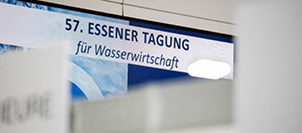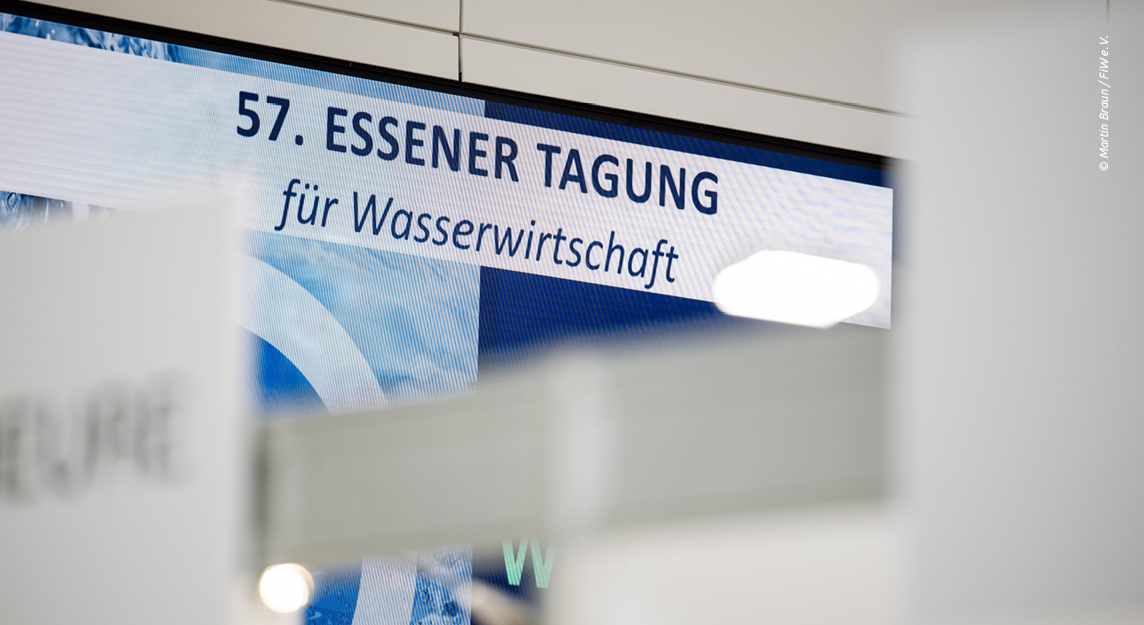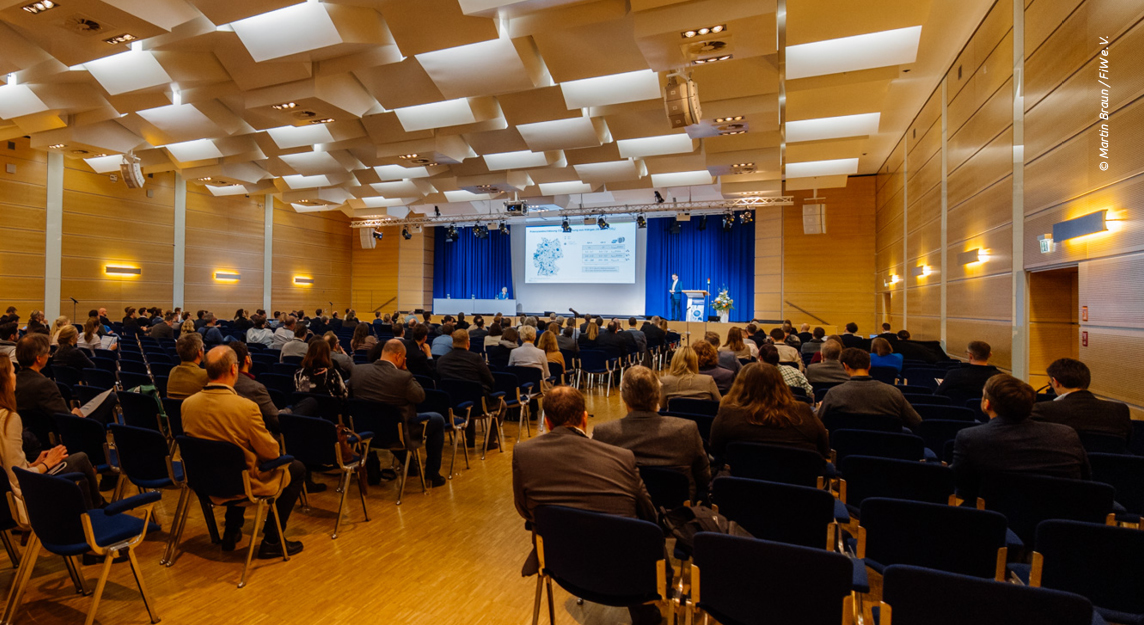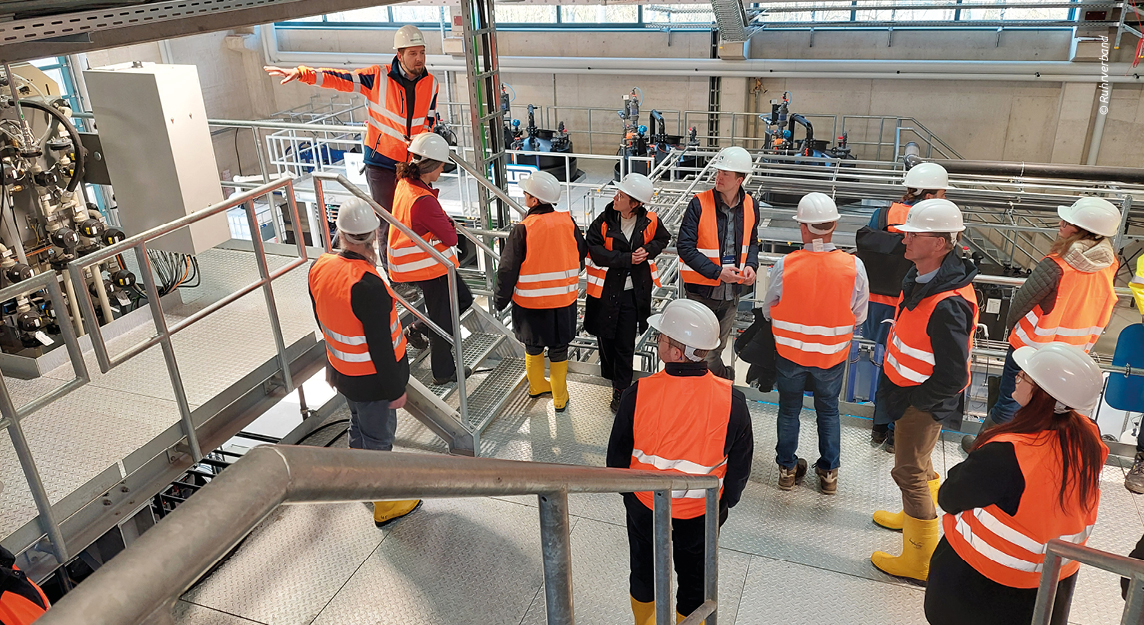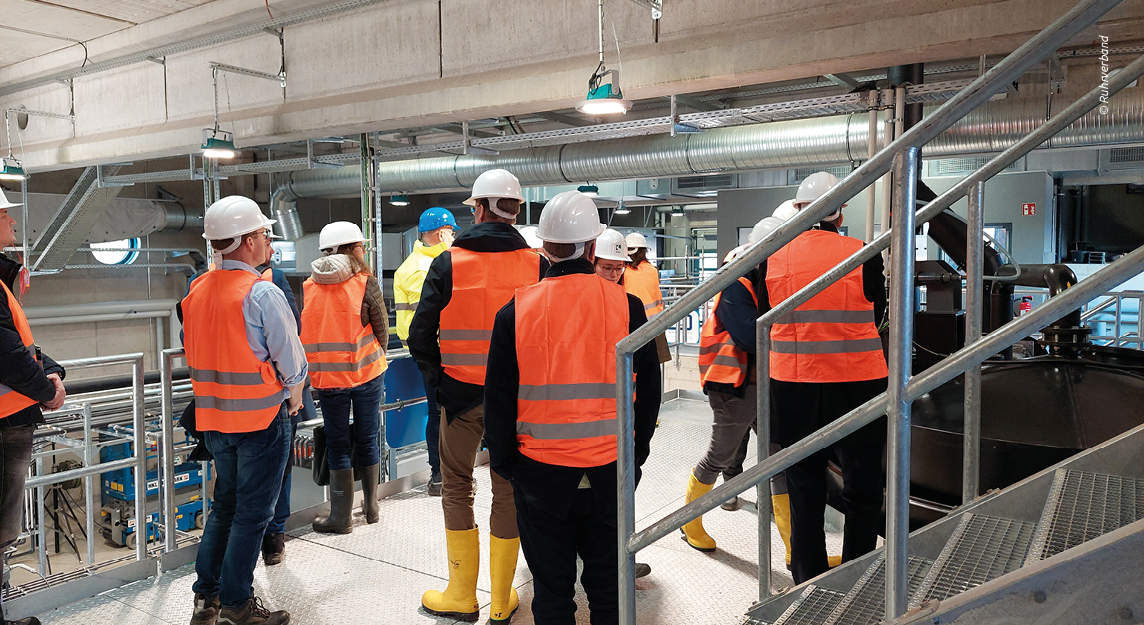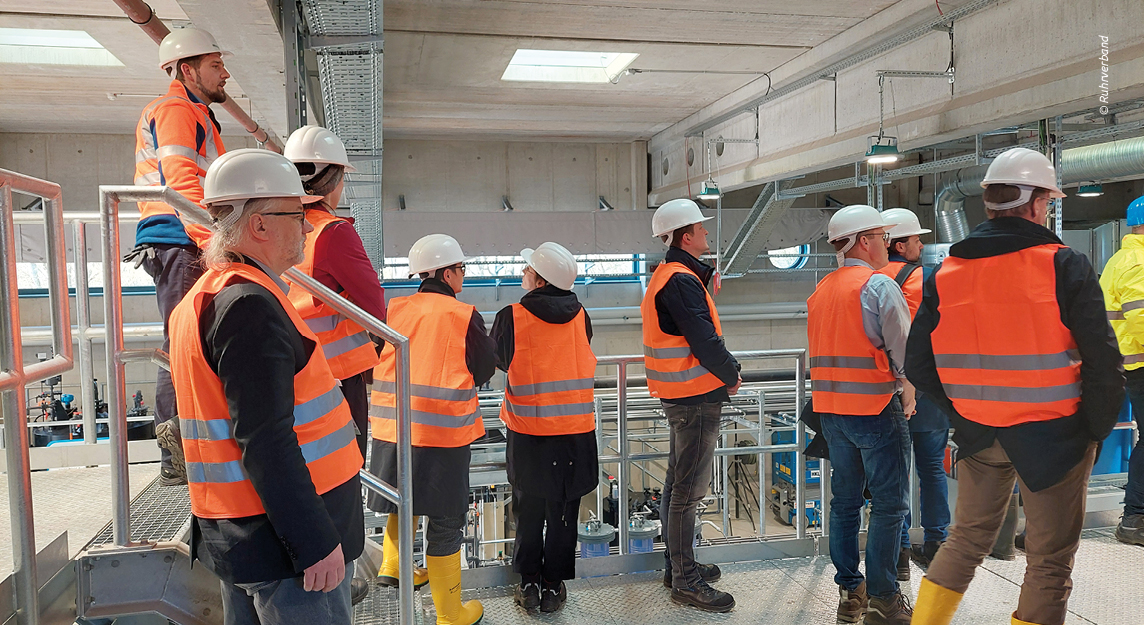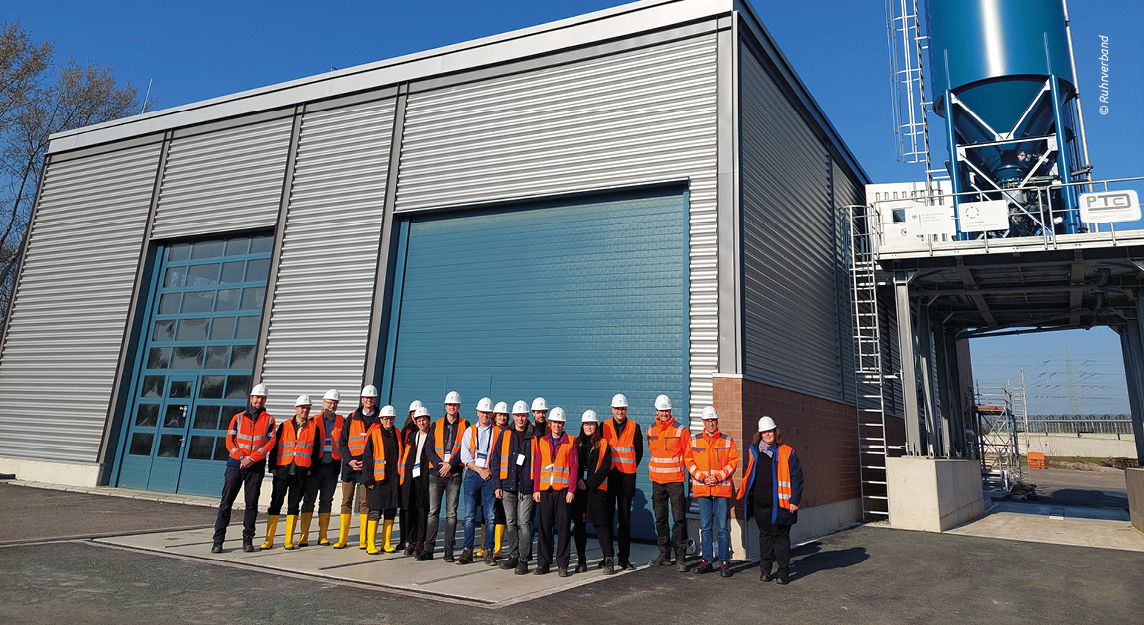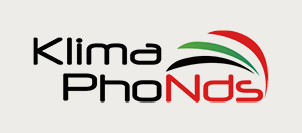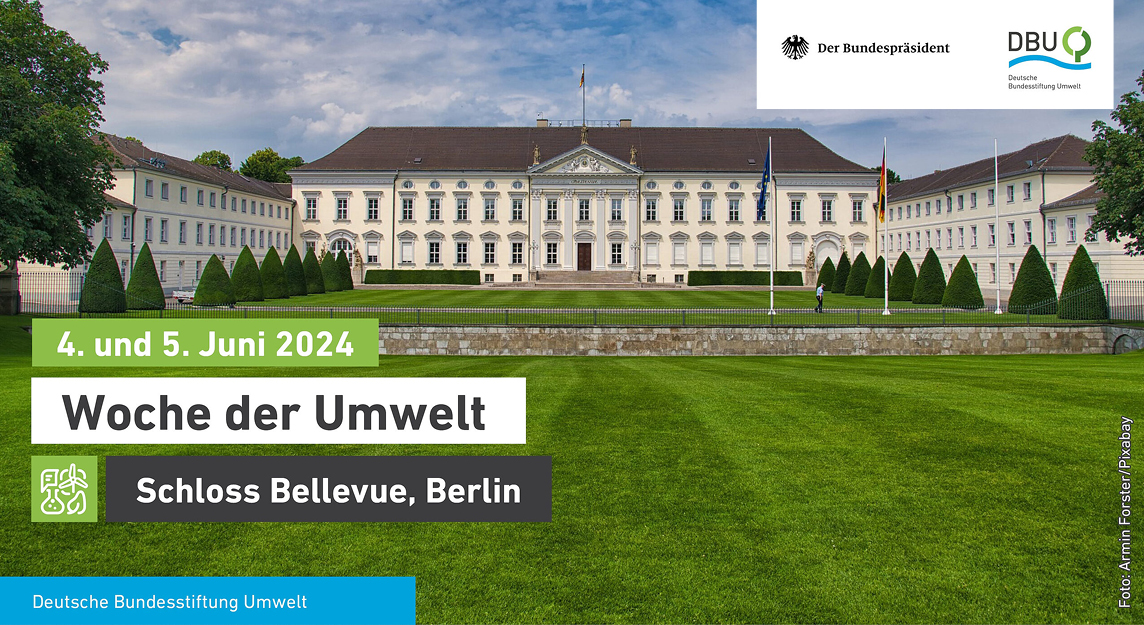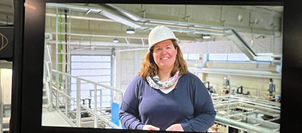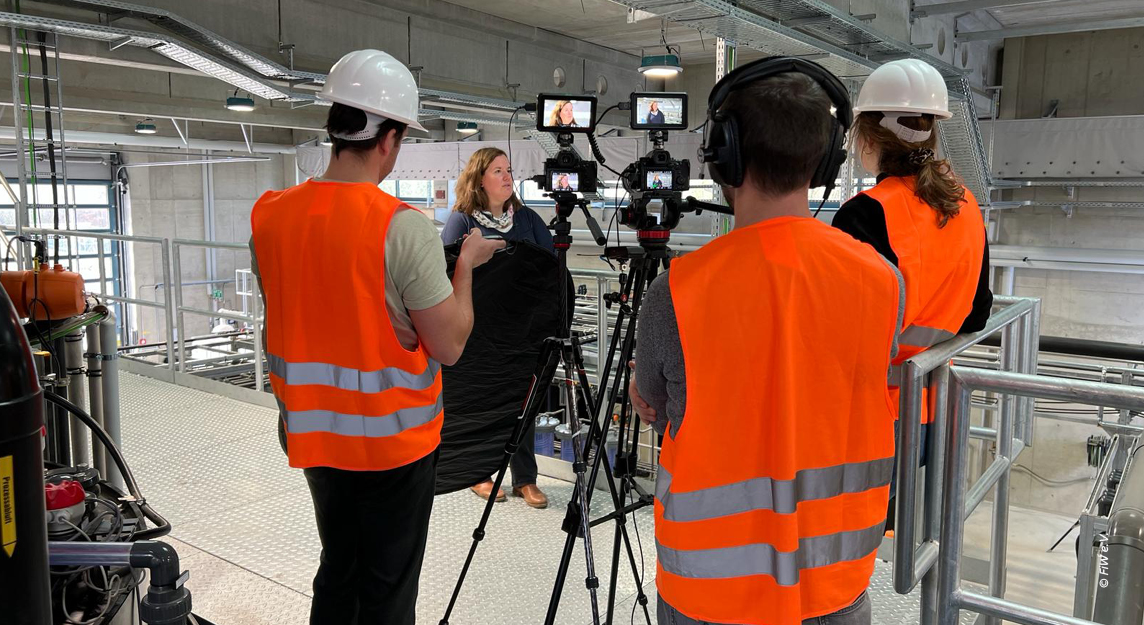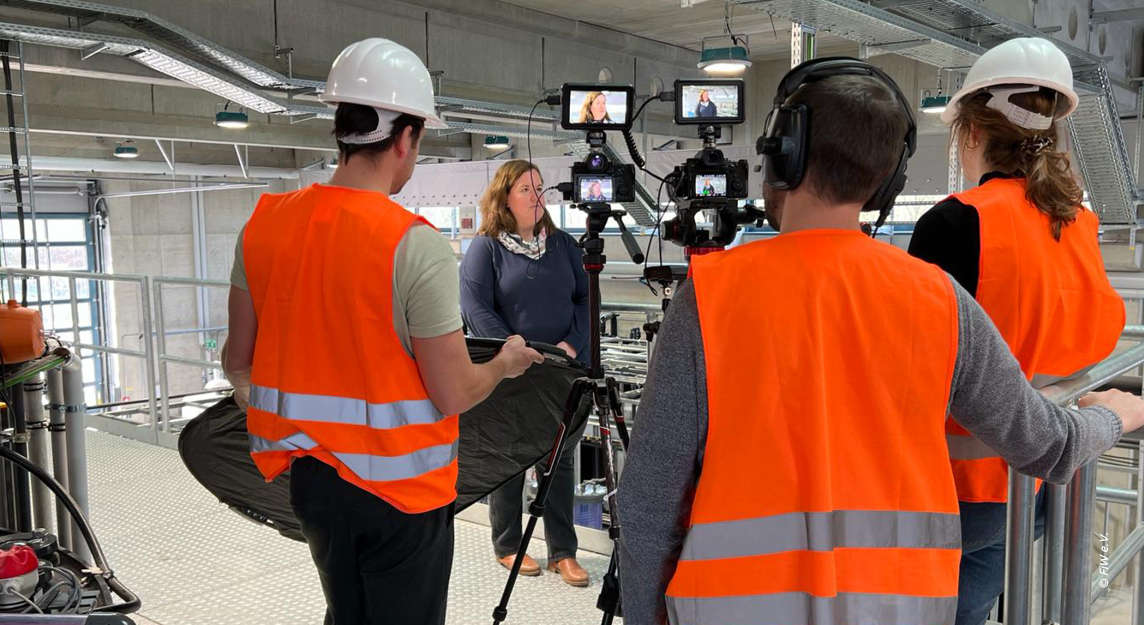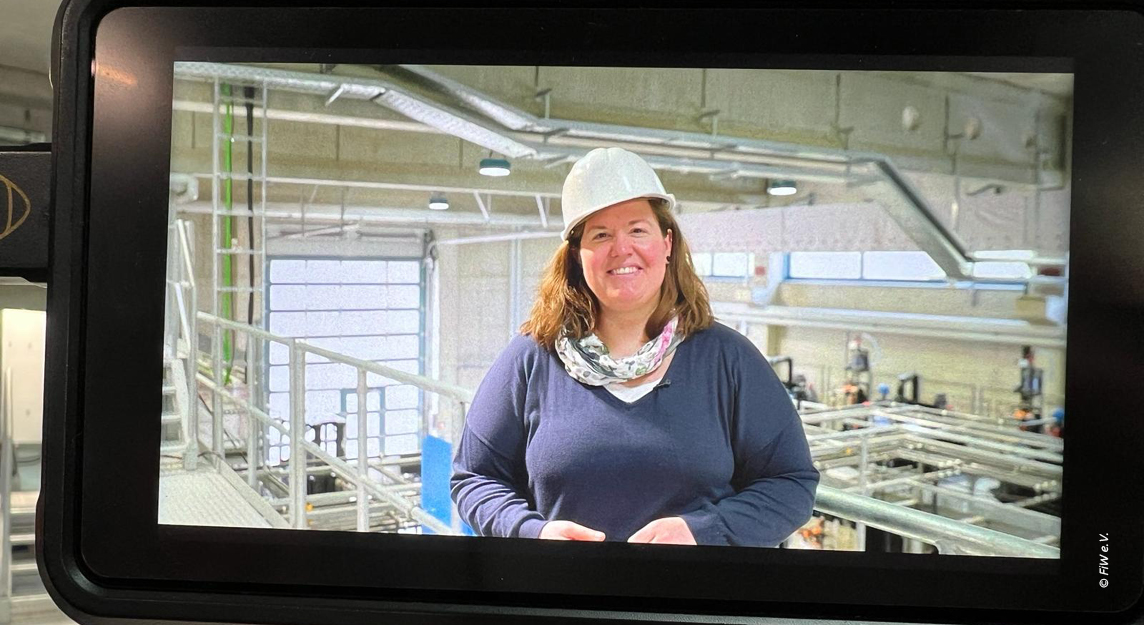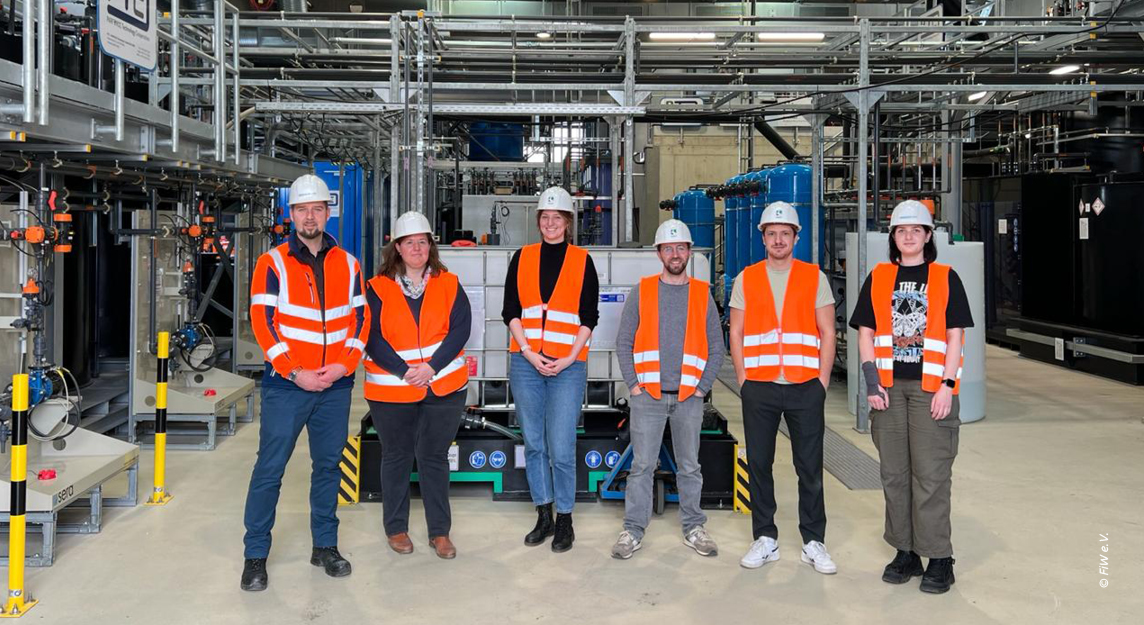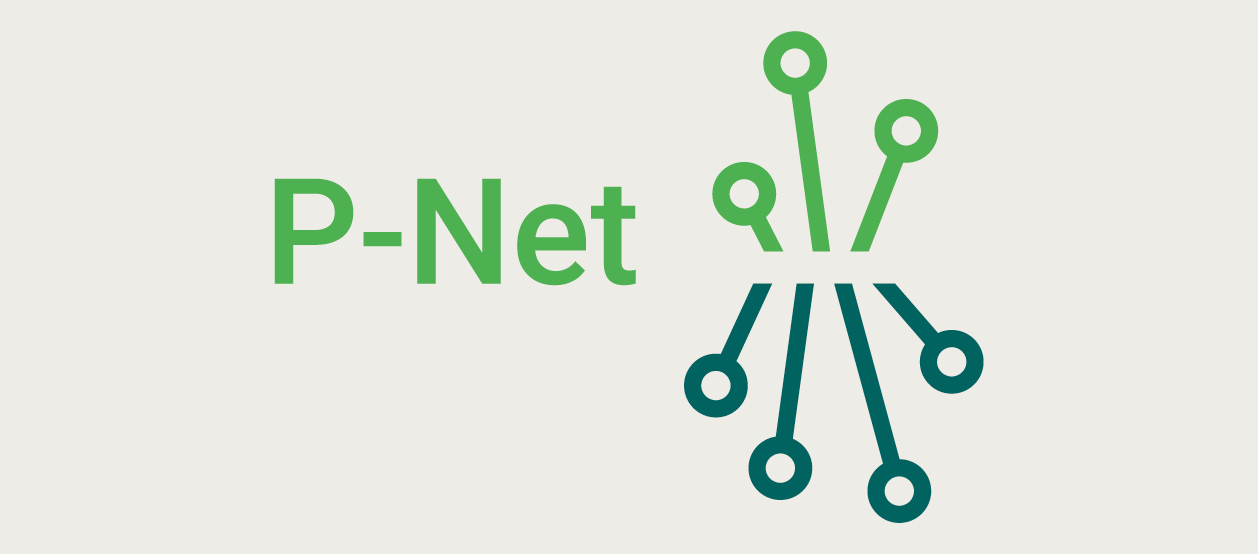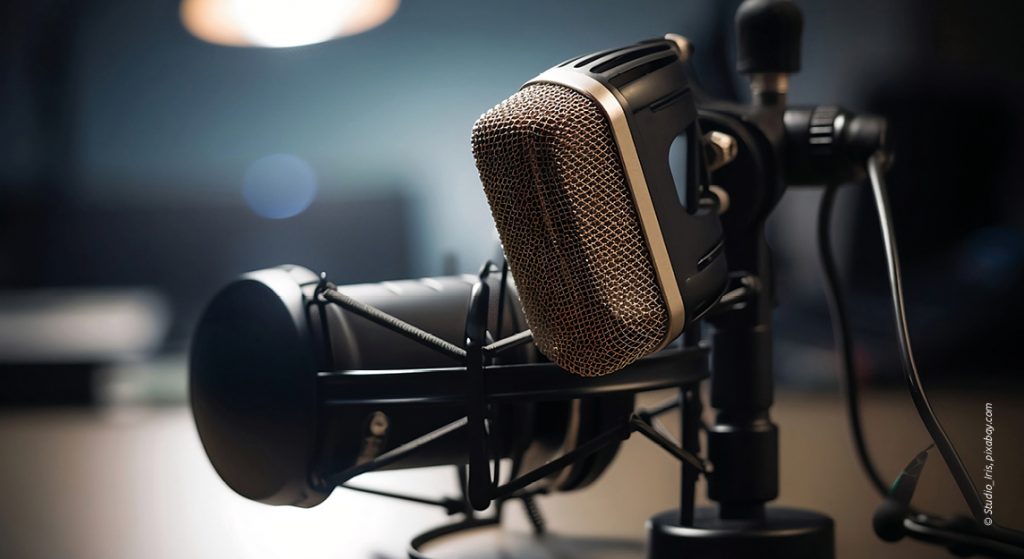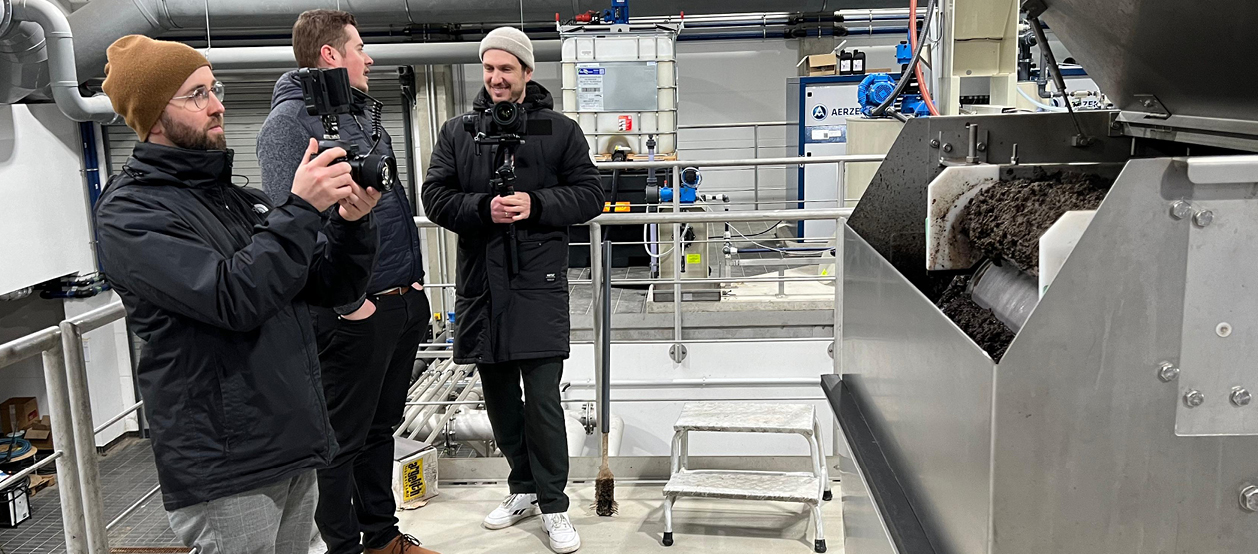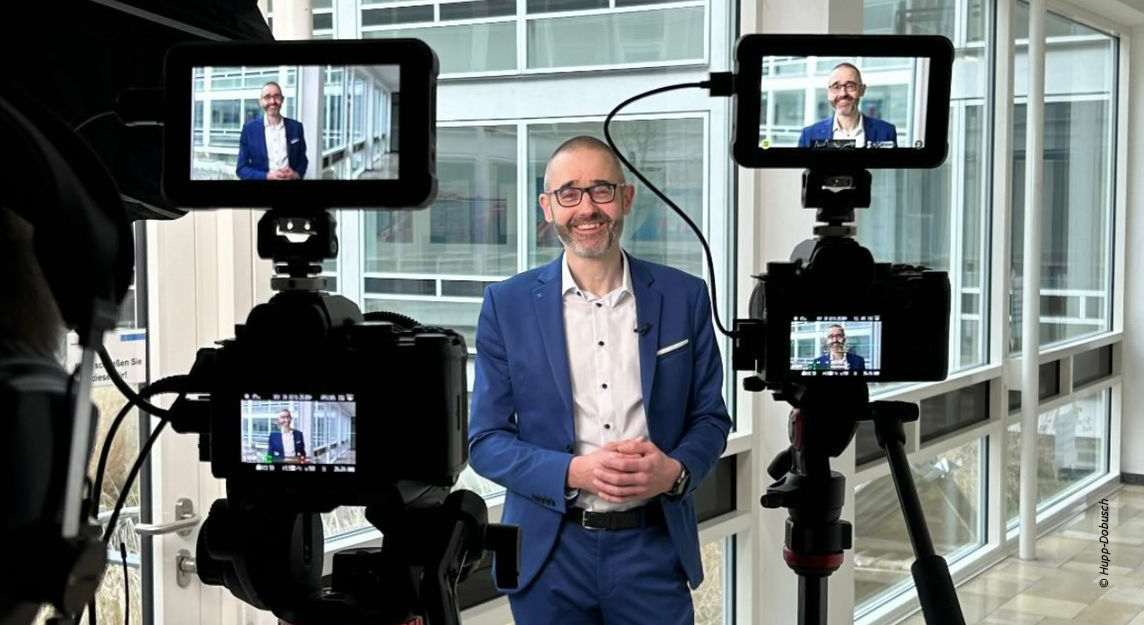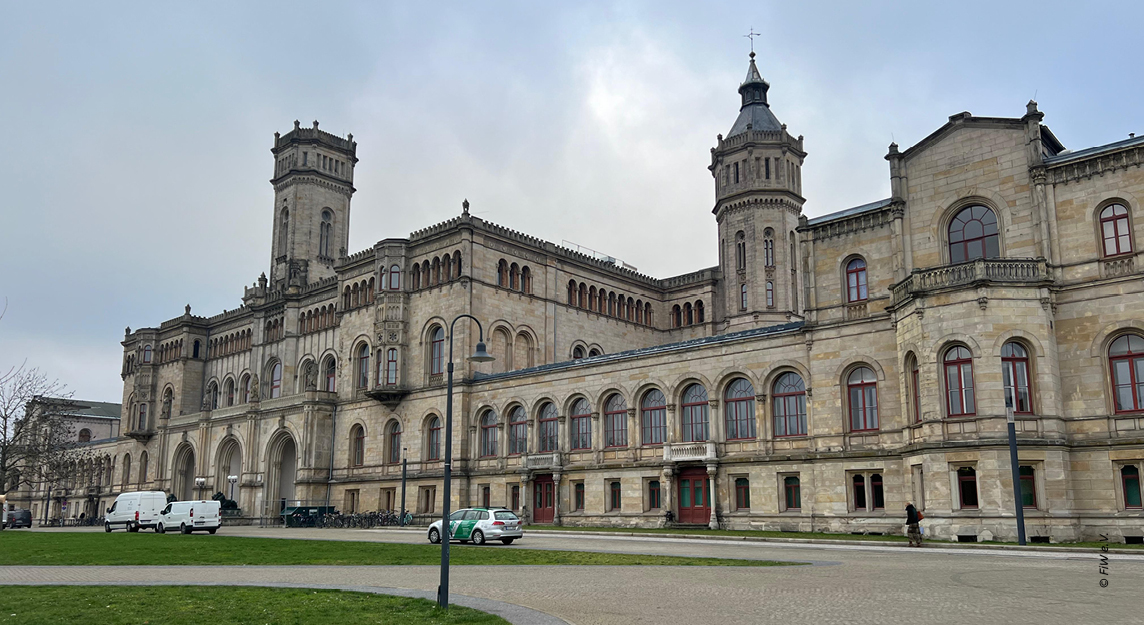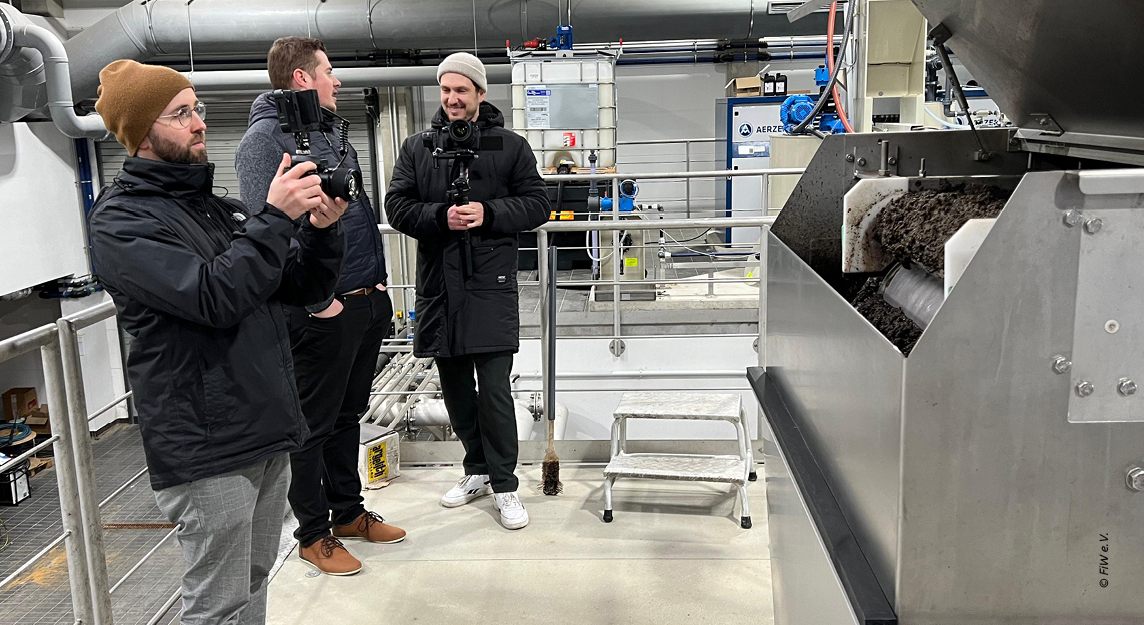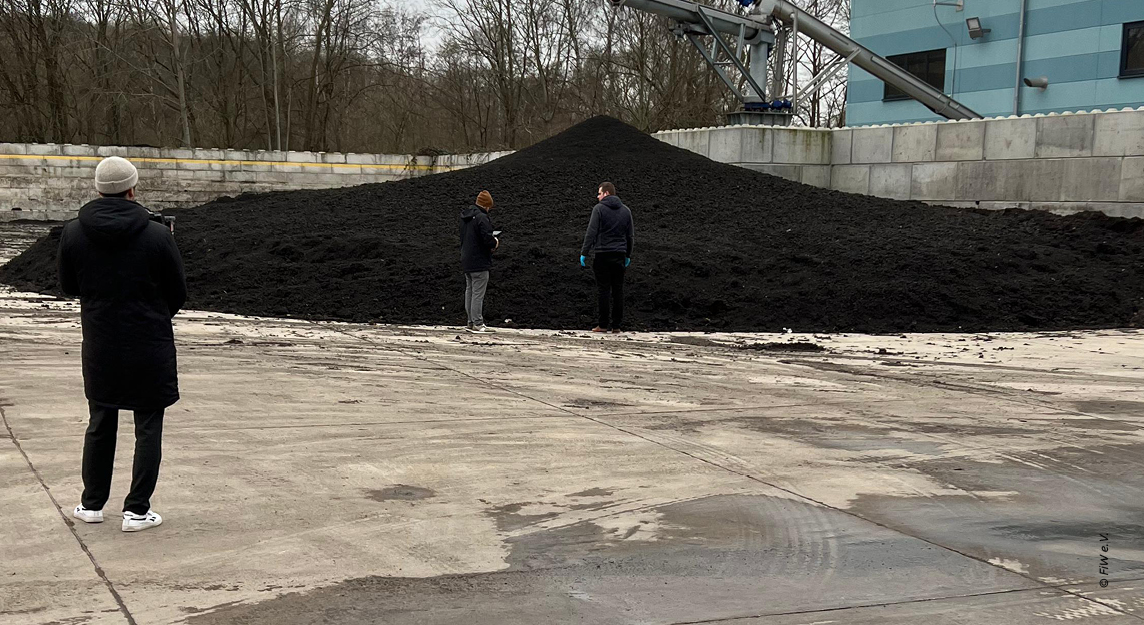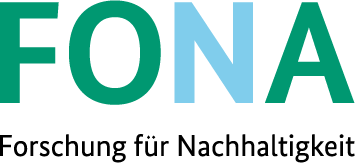RePhoR joint project DreiSATS short film released
The first of a total of seven short films about the RePhoR joint projects has been released. Filming for the RePhoR collaborative projects started on 12 December last year in Markranstädt at the Pontes Pabuli pilot plant on the site of Veolia Klärschlammverwertung Deutschland GmbH and at the incineration plant of CARBOTECHNIK Energiesysteme GmbH in Magdeburg.
The short film about the DreiSATS joint project has now been completed and published.
The aim of the DreiSATS project is the practical testing and demonstration of an innovative, economically and technically feasible process chain for decentralised, thermal sewage sludge utilisation with phosphorus recycling and product utilisation for the model region “Central German Triangle”. The short films are planned, produced and edited in close cooperation with the joint projects. They are intended to provide a lively insight into the pilot plants and the work of the joint projects and will be published gradually over the coming weeks on the RePhoR homepage and the YouTube channel.















